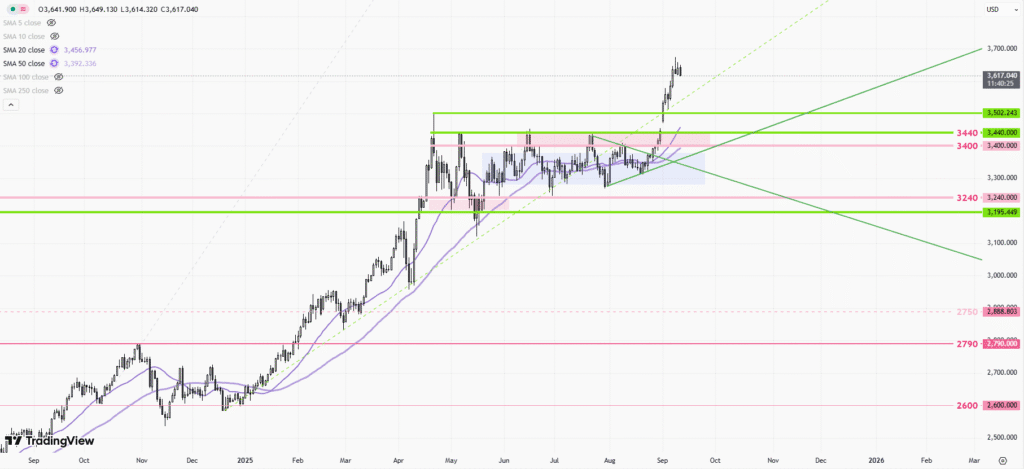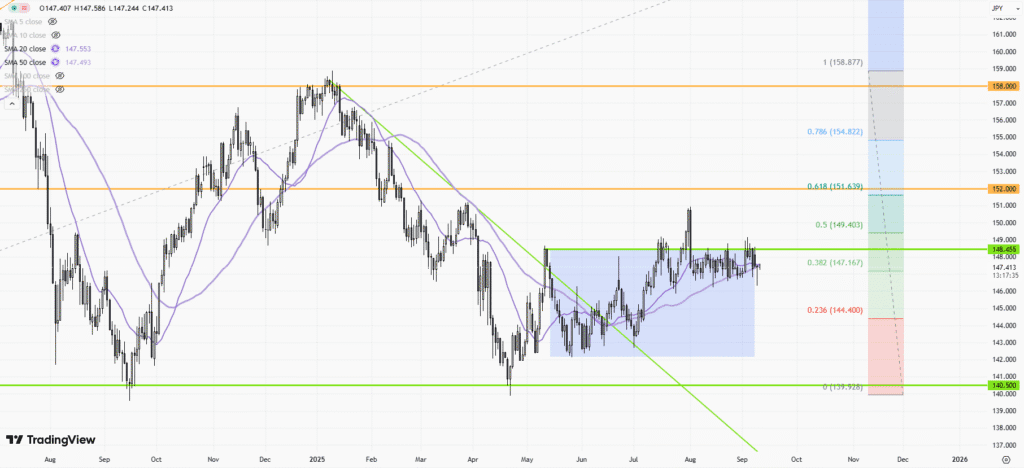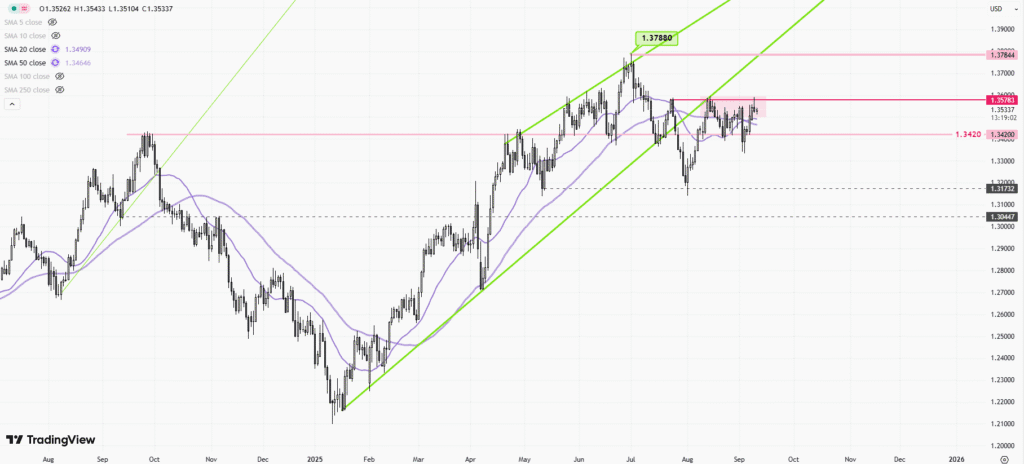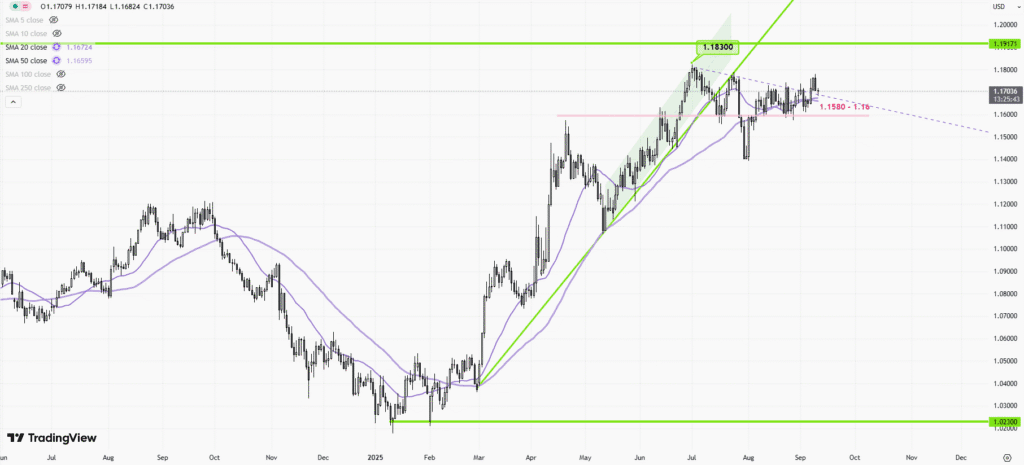 |
| Gold V.1.3.1 signal Telegram Channel (English) |

First Brands Group Files Chapter 11 Bankruptcy Amid $10–50 Billion Liability and Supply Chain Finance Risks
2025-10-01 @ 00:00
First Brands Group, a major US automotive parts supplier known for products like brake systems, wiper blades, and spark plugs, has recently filed for Chapter 11 bankruptcy protection. This move follows mounting concerns from lenders and investors over the company’s complex and sizable off-balance sheet borrowings—particularly related to supply chain and inventory financing. The situation highlights the risks and rapid growth of alternative financing solutions in the manufacturing and retail supply chains.
At the center of the crisis is First Brands’ extensive use of supply chain finance (SCF), a financial tool enabling companies to optimize working capital by extending payment terms to suppliers while providing those suppliers with quicker access to funds. While effective for cash-flow management, such mechanisms can obscure the true scale of a company’s financial obligations, as these debts often remain off the balance sheet until a crisis forces transparency.
Reports indicate that First Brands’ exposure to supply chain financiers exceeds $866 million, spread across a web of at least 12 major creditors. Notably, non-bank entities dominate the list of unsecured creditors. Asset managers like 1977 O’Connor and Wafra, along with platforms including Raistone, have significant exposure, with some individual claims topping $100 million. Several other creditors have yet to determine the exact scope of their claims.
The alarm grew acute when First Brands’ investment bank, Jefferies, reportedly encountered difficulties arranging a further $6 billion in debt, signaling wavering confidence among traditional lenders. This was a red flag for market participants, as excessive reliance on opaque financing structures can mask vulnerabilities until they suddenly come to a head.
Upon filing for bankruptcy, First Brands disclosed liabilities ranging between $10 billion and $50 billion, against estimated assets that could, at best, reach $10 billion. This wide liability range and the enormous shortfall of assets underline the precariousness that aggressive off-balance sheet financing can introduce—especially when layered atop already substantial conventional debt.
To keep operations afloat during bankruptcy proceedings, First Brands has secured $1.1 billion in debtor-in-possession (DIP) financing. DIP loans are a critical lifeline for companies in Chapter 11, providing immediate cash to meet urgent obligations with the hope of enabling a restructuring or sale of assets to maximize recoveries for creditors.
The auto parts industry, in which First Brands is a key player, is particularly reliant on supply chain finance due to the sector’s slow inventory turnover. Automotive retailers and suppliers often face long payment cycles, pushing them to adopt financing tactics that help bridge liquidity gaps—albeit with increased complexity and risk.
First Brands’ predicament is a cautionary tale for both businesses and investors relying on alternative and less transparent funding channels. As economic conditions tighten and credit markets become less forgiving, companies highly dependent on short-term, off-balance sheet liabilities may find it increasingly difficult to maintain investor trust and lender support.
For financial observers and stakeholders, the collapse of First Brands calls attention to the growing influence—and sometimes hidden hazards—of supply chain finance in today’s corporate landscape. It suggests companies, investors, and regulators may need to rethink their approach to risk management and transparency, especially as more firms turn to innovative yet less-regulated avenues to shore up working capital.
As more details emerge and the bankruptcy process continues, the fallout from First Brands’ financial troubles may send ripples beyond the company itself, affecting suppliers, retailers, and the broader market for trade finance. The case serves as a timely reminder that while financial engineering can solve short-term challenges, it can also amplify long-term risks if not paired with careful oversight, clear accounting, and prudent corporate governance.








